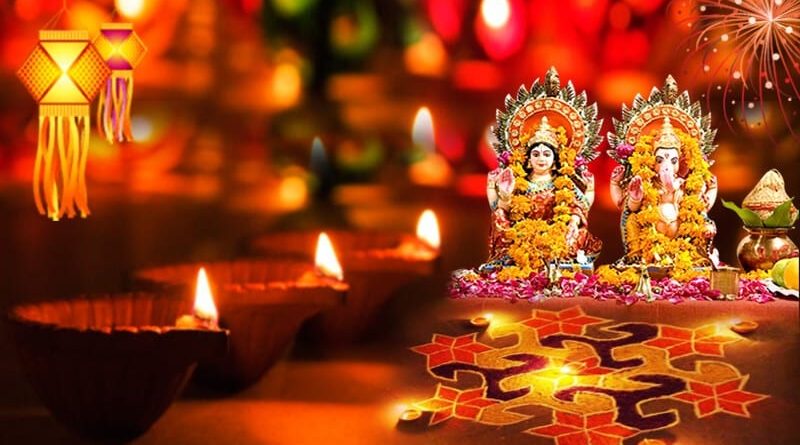Origins of Diwali and Different Shades
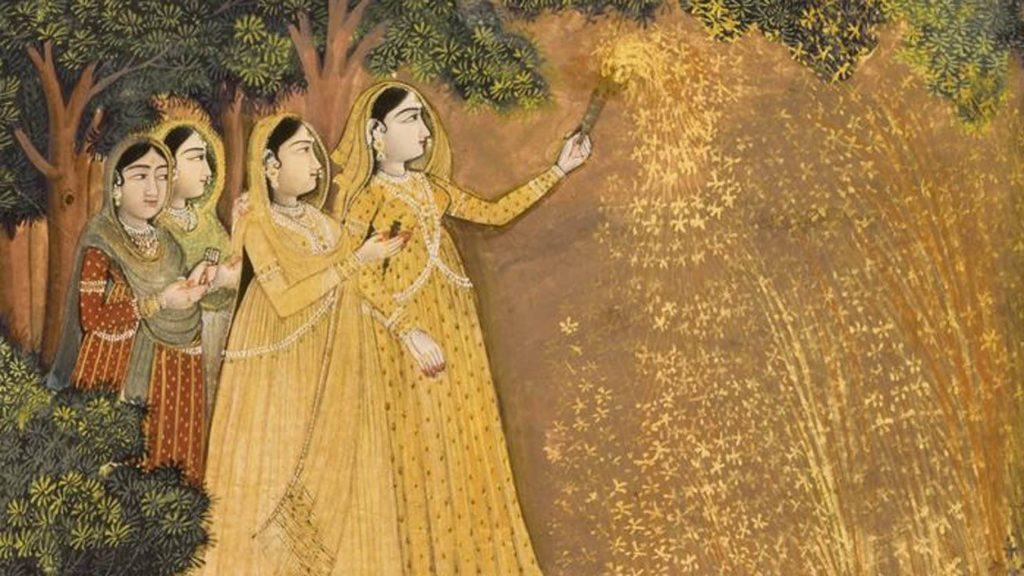
Diwali, also known as Deepavali—literally the “festival of lights”—is the most important festival in Hinduism.
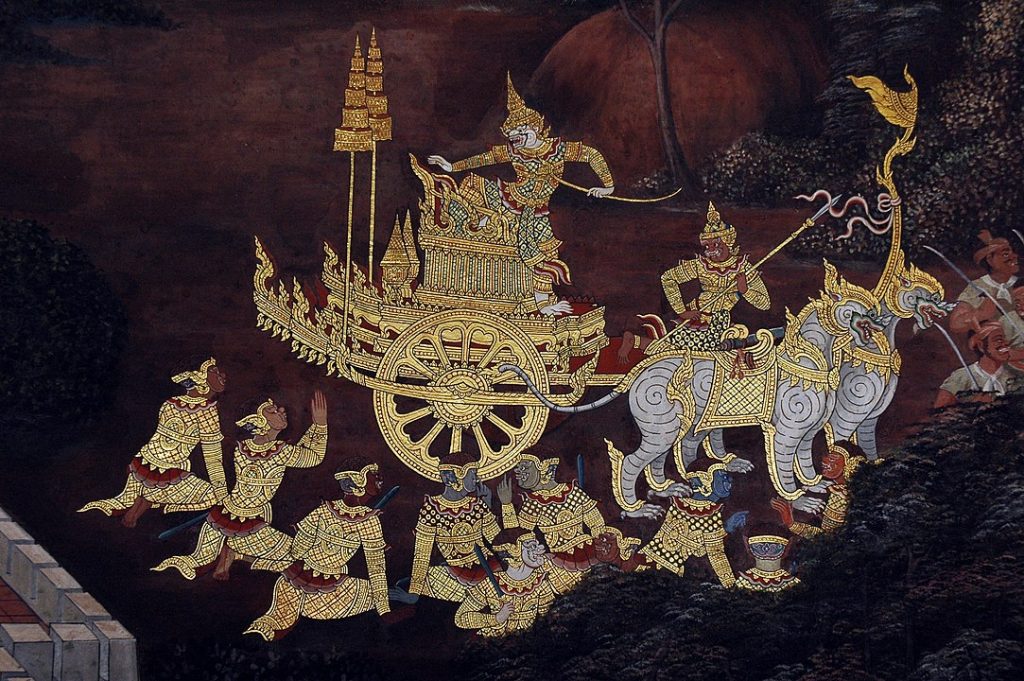
Popularly Diwali celebrations relate the festival to Lord Rama’s victorious return to Ayodhya. But, there are various other traditions and beliefs that claim on the origin of the festival of light. Each region has a different and unique story to tell about why Diwali is celebrated there.
Why Diwali is celebrated?
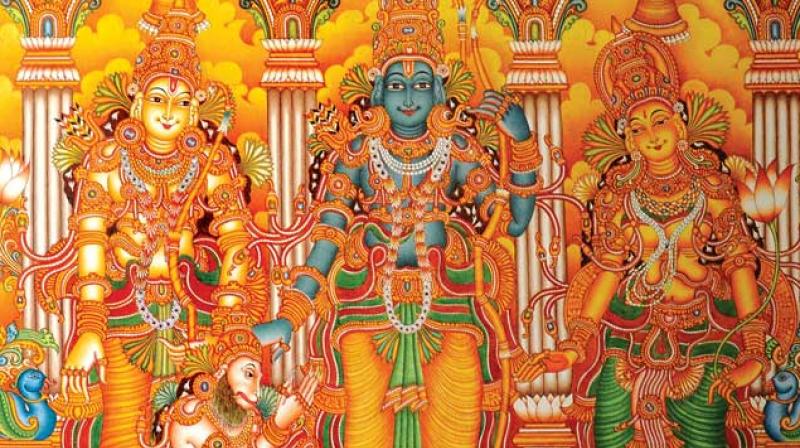
The earliest mention of Diwali is found in Vatsyayana’s Kama Sutra, which is considered to have been composed sometime between the third century BC and the second century AD.
Vatsyayana mentions Yaksha Ratri– the night of the Yakshas. Yaksha Ratri was celebrated by lighting lamps in rows on houses, walls, and other places. Gambling was an important aspect of the festival.
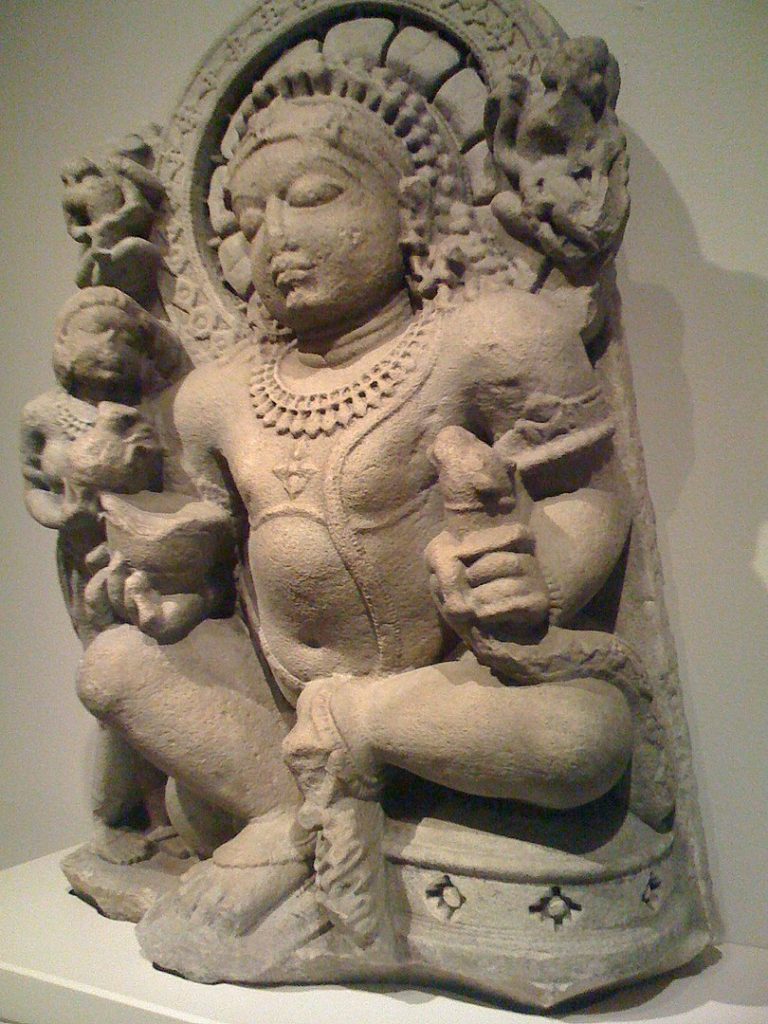
As per mythology, Yakshas are related to the goddess of wealth, Lakshmi through Kuber, who was the lord of wealth in the scriptures.
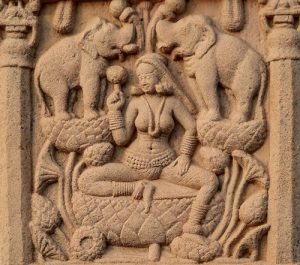
Kashmir links Lakshmi with Diwali. The Nilamata Purana composed in Kashmir of ancient days between 500 AD and 800 AD. The Purana first time, mentions goddess Lakshmi at the center of Diwali celebrations. The very name of Diwali could be traced to Nilamata Purana. The Kashmiri text mentions a festival by the name of Deepamala. It was celebrated on the same night of the lunar calendar as Diwali is celebrated now.
According to Nilamata Purana, on the new moon night or Amavasya, in the month of Kartik, devotees should worship goddess Lakshmi placing earthen lamps and praying to the Goddess. After the prayer rituals, people should sit with their family and friends for the feast.
The Aditya Purana refers to a story of Lord Shiva, who lost a game of dice to Parvati the next morning after playing through the night. Skand Purana also talks about Deep Pujan but refers to earthen lamps as symbols of the sun and the moon.

© TheFinalMiracle/Fotolia
How Diwali is celebrated?
In a seventh century Sanskrit play, King Harsha mentions Deepa-Pratipad-Utsava, when lamps are lit.
In the ninth century Kayvamimamsa, Rajasekhara referred to Deepavali as Dipamalika, which sees the tradition of homes being cleaned and streets and markets being decorated with lights in the night.
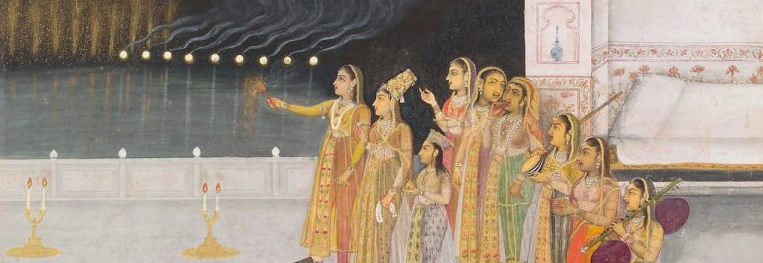
The Persian traveler and historian Al Biruni, wrote Deepavali being celebrated by Hindus on New Moon day of the month of Kartika.
Abul Fazal depicts Diwali in chapters of Ain-e-Akbari. The Mughal emporer having long bamboo with an earthen light pot hanging with it to celebrate Deepavali.
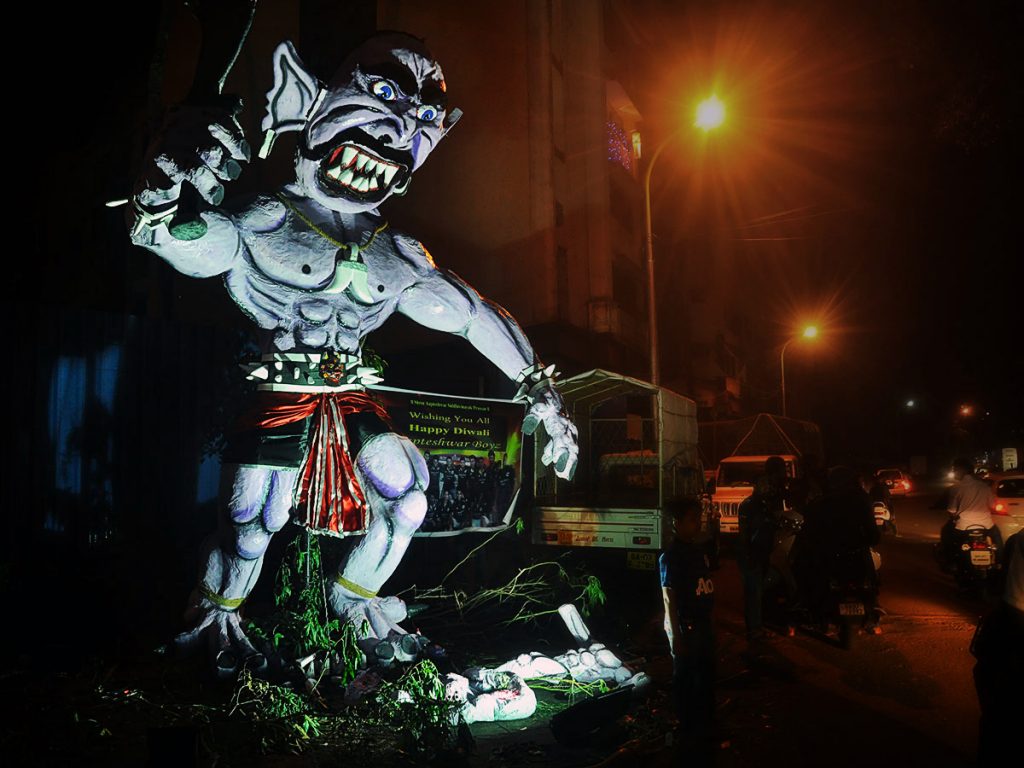
In the southern states of the country, the festival is celebrated as the day that Lord Krishna defeated the demon Narakasura and the day that Lord Vishnu, the Preserver sent the demon King Bali to rule the netherworld, the Patala.
In some regions of India, the festival is associated with the legend of Yama and Nachiketa.
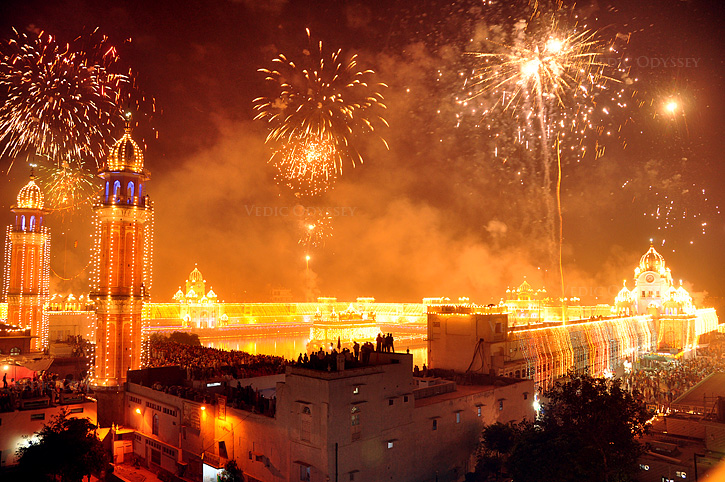
Diwali also has historical significance for Sikhism—the day the sixth Sikh Guru Har Gobind freed himself and Hindu Rajahs from the prison of the Mughal emperor, Jahangir.
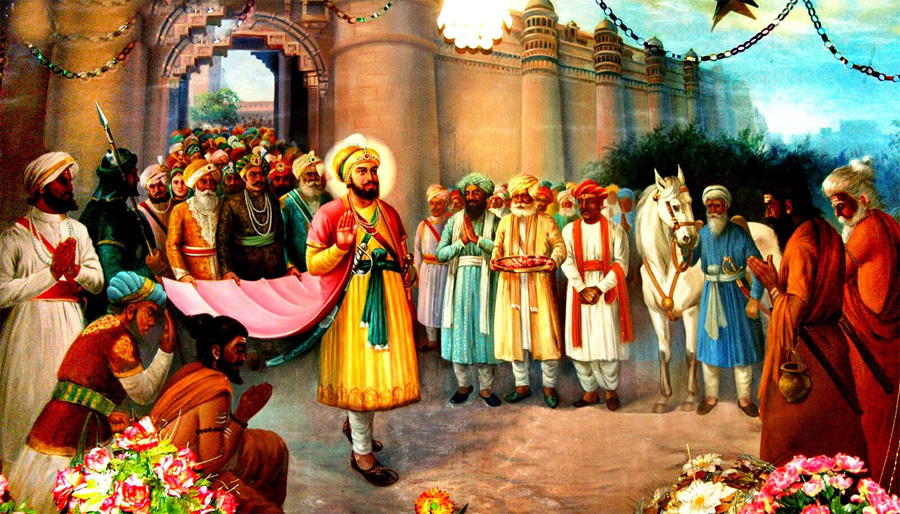
In Jainism, it marks the nirvana or spiritual awakening of Lord Mahavira in 527 B.C. The last of the Tirthankars attained nirvana on this day. Therefore, Jains celebrate Diwali as a day of remembering Mahavira and offer Nirvan Ladoo after praying to the lord.

Buddhists in Nepal, remember Ashoka’s conversion to Buddhism following the Kalinga War and celebrate Diwali by chanting mantras.
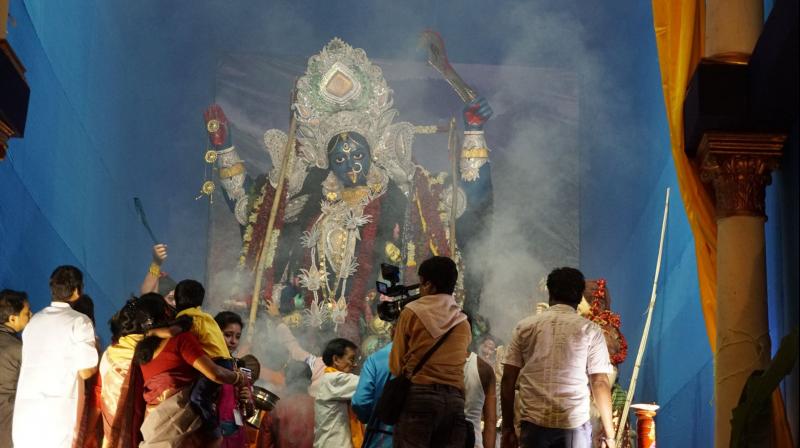
In Bengali tradition, Kali Puja is celebrated on the night of Diwali. Kali, who went on a rampage slaughtering demons. After she stepped unknowingly on Shiv and calmed down. The festival is celebrated to control ego and other negative tendencies that hinder spiritual progress.
The Indian subcontinent is a cauldron of folklore and myths which give it unique color and fervor. As truth is not a black and white monolith structure. Hence to know it we need storytelling and myth which can connect directly to our subconscious mind beyond the thoughts.
Read more about Culture
